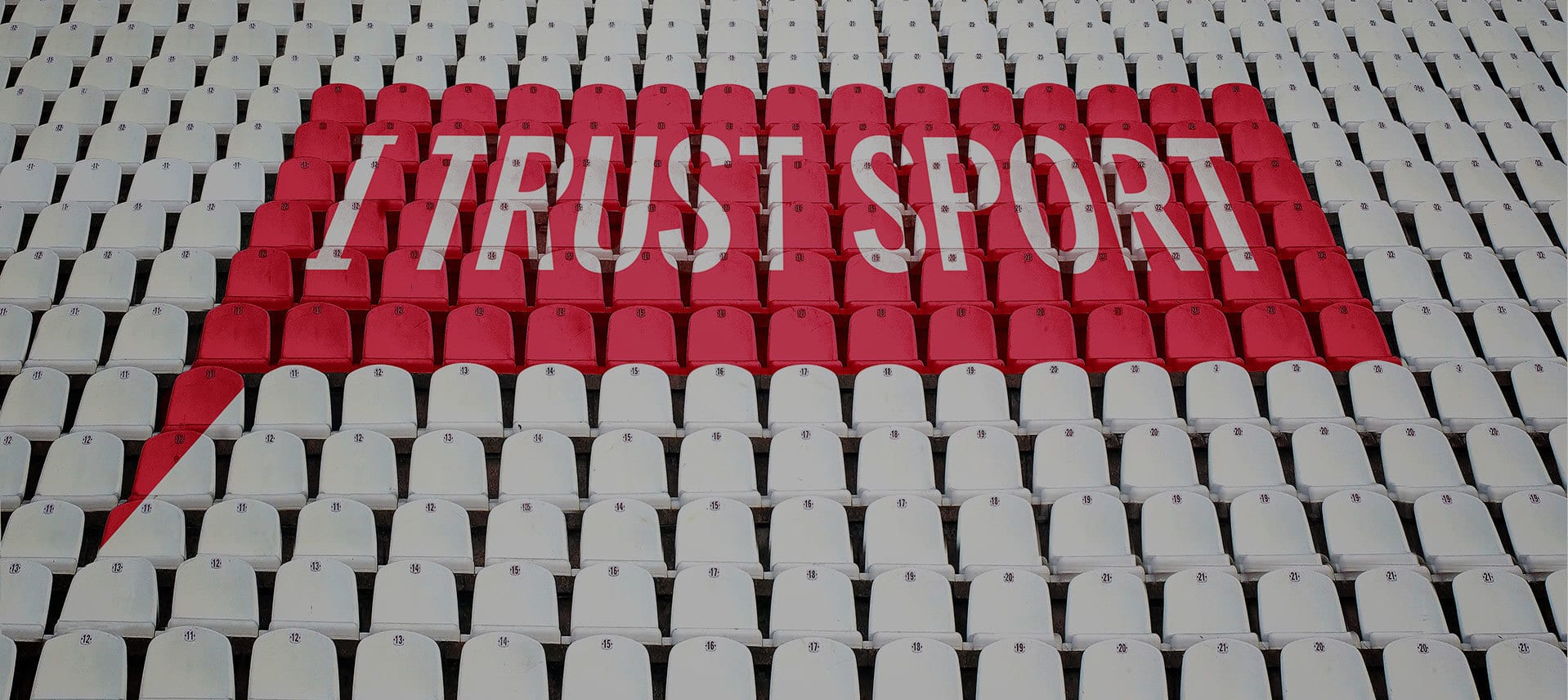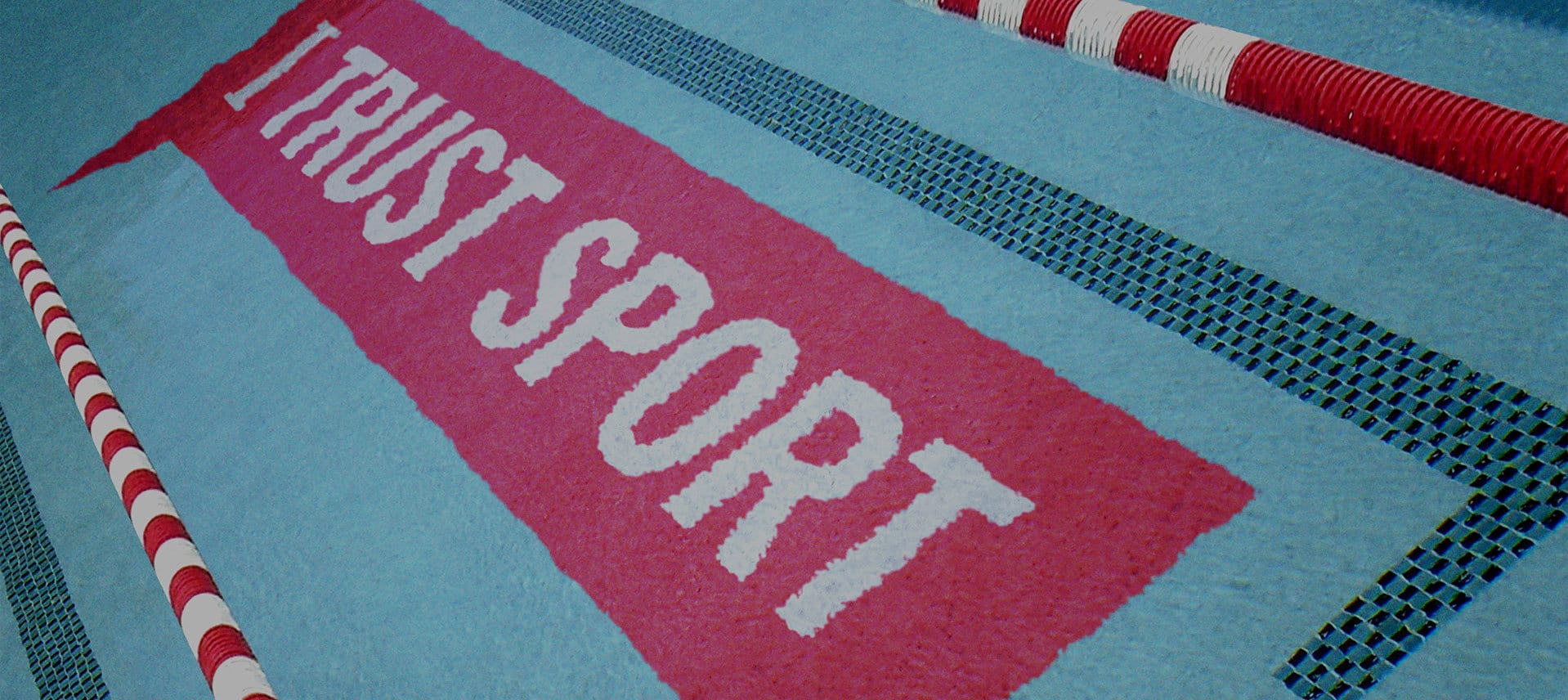What is the issue?
Poor governance is a serious issue which holds international sport back from fulfilling its full potential to benefit individuals and society by reducing the efficiency and effectiveness of the use of resources available to sport.
Numerous instances of poor governance have been demonstrated in recent years in international and national sports organisations, ranging from management corruption such as bribery at one extreme, through to missed opportunities due to inefficient management at the other end of the scale.
One of the causes of governance failures in sport may be the slow evolution of what were primarily voluntary institutions founded in the 19th century into professionalised bodies and regulatory systems adequate to govern the modern, commercial world of sport of today. However, it is not the only explanation: many entirely voluntary sports bodies have governed well, and there are plenty of professional organisations where widespread abuses have taken place.
In many parts of the world, sports bodies are to a large extent autonomous from government in the way they organise themselves and their sport rules.
In a significant move in October 2014 the United Nations recognised “the independence and autonomy of sport”.
However, as the IOC and representatives of governments have acknowledged several times (see, for example the outcome of the Anti-Corruption Summit in May 2016), the right to autonomy has to be earned: when governance is perceived to be poor, external intervention by governments, law enforcement agencies and others becomes more likely.
Definitions
The influential Cadbury Report on Corporate Governance (1992) defined governance as “the system by which companies are directed and controlled”.
In 2013, the EU’s Expert Group on Good Governance produced their own version of Principles of good governance in sport, which included this definition:
“The framework and culture within which a sports body sets policy, delivers its strategic objectives, engages with stakeholders, monitors performance, evaluates and manages risk and reports to its constituents on its activities and progress including the delivery of effective, sustainable and proportionate sports policy and regulation.”
There are now several different theories of governance. In recent years the specific topic of sports governance has attracted a fair amount of interest from academics and institutions. A number of principles of good governance have been produced, such as the IOC’s Basic Universal Principles of Good Governance (updated in 2022), the EU’s Principles of good governance in sport (2013), and the Universal Standards of the Sport Integrity Global Alliance.
The different sets of principles tend to overlap. In a paper published in 2013, scholars Jean-Loup Chappelet and Michaël Mrkonjic rationalised several sets of good governance principles into measurable indicators based on these dimensions:
- Organisational transparency
- Reporting transparency
- Stakeholders’ representation
- Democratic process
- Control mechanisms
- Sport integrity
- Solidarity
What is the response?
There have been scandals since the earliest days of sport but sports governance first attracted serious scrutiny as a discrete topic in the 1990s after work by academics, investigative journalists and campaigning organisations such as Play the Game.
The IOC’s Agenda 2020 initiative in 2014 included a Working Group on Good Governance and Autonomy. Among the 40 recommendations adopted in December, five addressed governance and ethics. Of particular significance is recommendation 27, which states:
“All organisations belonging to the Olympic Movement to accept and comply with the Basic Universal Principles of Good Governance of the Olympic and Sports Movement (“PGG”).”
The Association of Summer Olympic International Federations (ASOIF) subsequently developed a governance assessment tool for International Federations. The International Federations completed self-assessment questionnaires, which were reviewed, culminating in the publication of a report in both 2017 and 2018. Subsequently there have been a further three reports, all supported by I Trust Sport who moderated and review. All the reports can be found here, including best practice examples and the most recent example of the questionnaire.
The Winter Olympic Federations (WOF) also participated with a report published in 2018. I Trust Sport was contracted to support these projects and the WOFs have undergone the same number of reviews as their ASOIF counterparts. The most recent was in 2025.
Some individual sports organisations have embarked on governance reform processes, usually after encountering a crisis. International football (FIFA), cycling (UCI) and athletics (IAAF) are among the sports bodies which have made significant changes to their constitutions in recent times, introducing term limits and involving more independent people in aspects of decision-making. However, the pace of progress across the sports sector as a whole is slow.
In addition to the various good governance codes which have been published, governments and regulatory bodies in many countries have put in place standards of governance for sports bodies to achieve as a condition of public funding. For example, UK Sport and Sport England produced a Code for Sports Governance, which sets out the levels of transparency, accountability and financial integrity that are required from those organisations which seek public funding (disclosure: the Founder of I Trust Sport worked on this project for UK Sport). In December 2017, UK Sport and Sport England reported that 55 out of 58 national governing bodies had met the requirements of the Code.
The EU has been active in the area of sports governance. In addition to setting up the Expert Group referenced above, the EU has funded a series of governance-related projects. From 2014-20 the Erasmus + funding programme includes a strand dedicated to good governance.
One funded project led by the European Olympic Committees has developed a governance evaluation and education tool known as SIGGS which is designed for National Olympic Committees and national sports federations. Working with partners in eight European countries, Play the Game created a benchmarking tool for assessing governance in national sports federations, resulting in a report published in November 2018.
A new initiative which started in 2017 called the International Partnership Against Corruption in Sport (IPACS) brings together stakeholders including the Organisation for Economic Co-operation and Development (OECD), the IOC, a number of national governments, the Council of Europe and the United Nations Office on Drugs and Crime (UNODC). Taskforces are addressing the issues of corruption in procurement, integrity in the selection of hosts for major sports events, and compliance with good governance principles.
I Trust Sport view
Rowland Jack founded I Trust Sport in 2013 due to concern that poor governance was holding sport back from fulfilling its true potential to benefit individuals and society.
I Trust Sport is a sports governance consultancy dedicated to improving international sports governance and compliance through collaboration.
The company provides services to different types of client:
- Federations and governing bodies – a straightforward, objective international federation governance assessment tool is available
- Sponsors – helping sponsors to have a meaningful and responsible influence on the governance of the organisations they support to protect their investment
- Institutions and government agencies – research and development work in the area of sports governance
- Other organisations – open to collaboration with a range of other organisations in sport
- Individuals – supporting individuals seeking to improve governance in sports organisations with which they are involved
Please note that this is a summary of a complex topic and is not intended to be fully comprehensive. Feel free to contact us with any corrections or comments on the material above.
There are important debates taking place about the governance of sport in the USA, such as in relation to the National Collegiate Athletic Association (NCAA). For the time being, I Trust Sport is not focused on U.S.-specific projects.
See also I Trust Sport’s resources page.
Updated January 2025.

